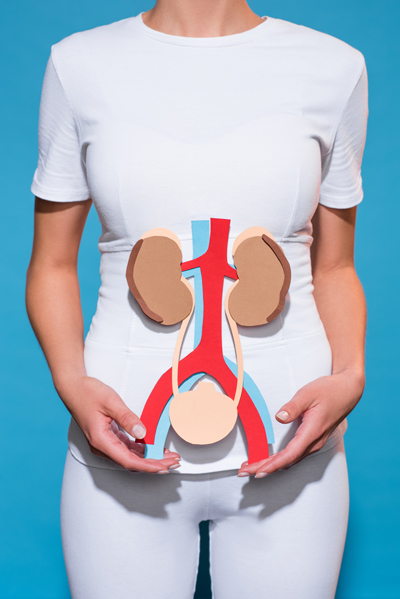April is all about focusing on Urinary Health!
Are you paying attention to your urinary health? Your urinary system plays a crucial role in eliminating waste and maintaining proper hydration levels in your body. This April, take the initiative to prioritize your urinary health.
Here are some tips to keep your uninary system in top shape:
Stay hydrated: Drinking an adequate amount of water helps flush out toxins and keeps your urinary system functioning properly.
Maintain a Healthy Diet: Incorporate foods rich in antioxidants and nutrients, such as fruits, vegetables, and whole grains, to support overall urinary health.
Exercise Regularly: Physical activity promotes circulation and helps prevent conditions like urinary incontinence.
Pay Attention to Changes: If you notice any unusual symptoms like frequent urination, pain or discomfort while urinating, or blood in your urine, don’t ignore them. Consult a urologist for evaluation and treatment.


Remember, taking care of your urinary health is essential for your overall well-being. Schedule a check-up with us today! Let’s prioritize urinary health this April and beyond!
Key info
Sources: https://www.urologyhealth.org/educational-resources?product_format=466%7C&language=1122%7C
https://www.theurologyfoundation.org/urologyhealth